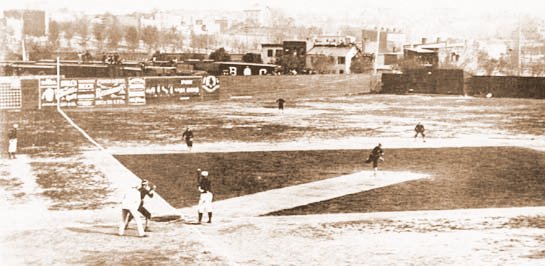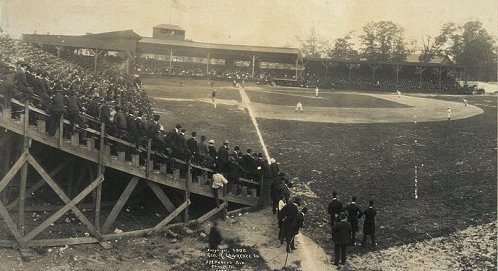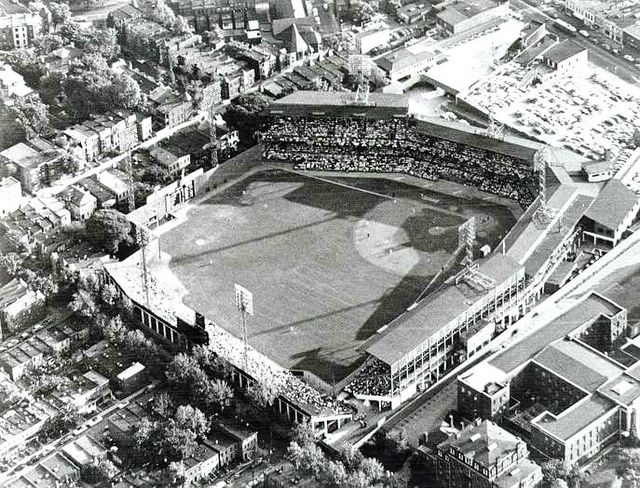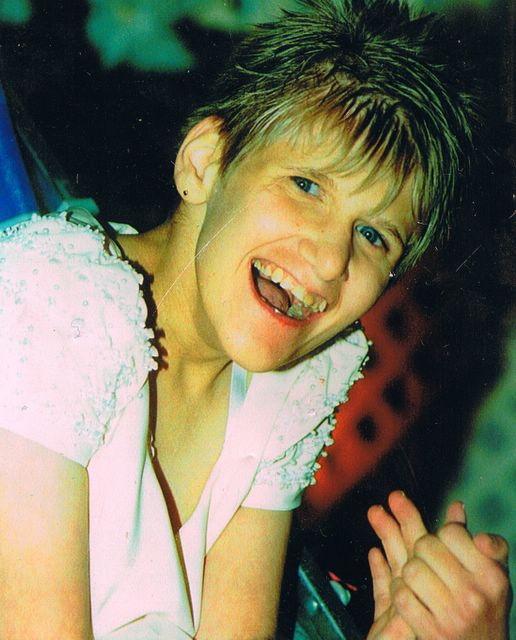BROADWAY STILL AN OPTION AT FIRST FOR NATIONALS
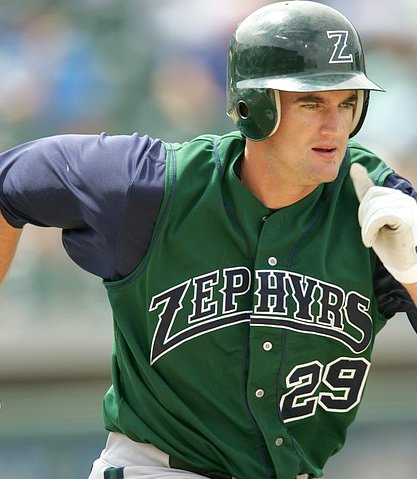 [June 2nd] -- Larry Broadway was at a career cross-roads last season. Blocked from the major league roster by Nick Johnson, he realized that his future might lie with another organization. His hope was to prove himself at 'AAA' New Orleans in 2005 and then "hope for the best." His season looked promising. Until opening day. A groin injury sustained in the first game made it difficult to swing the bat. As a result, he was hitting only .193 thirteen games into the season. Then things got worse. In late May, Broadway tore a ligament diving for a hard hit ball, side-lining him for the next 2 1/2 months of the season. When he returned in late June, fans saw the beginning of a new Larry Broadway.
[June 2nd] -- Larry Broadway was at a career cross-roads last season. Blocked from the major league roster by Nick Johnson, he realized that his future might lie with another organization. His hope was to prove himself at 'AAA' New Orleans in 2005 and then "hope for the best." His season looked promising. Until opening day. A groin injury sustained in the first game made it difficult to swing the bat. As a result, he was hitting only .193 thirteen games into the season. Then things got worse. In late May, Broadway tore a ligament diving for a hard hit ball, side-lining him for the next 2 1/2 months of the season. When he returned in late June, fans saw the beginning of a new Larry Broadway.
When he first saw Broadway hit, Zephyrs' manager Tim Foli nicknamed the Duke University graduate "Olerud" because of his tall, slender build and natural left-handed stroke. It was thought that Broadway would have a higher average than most first baseman, but less power.
No more.
Broadway used his "downtime" during his injury rehab to gain 20 pounds of muscle, going from a lanky 220 to a solid 240. His strength training paid off during the Arizona Fall League last season. Broadway batted .375 with four homers and 14 RBI's. He had a .512 OBP and slugged at a .563 clip. His defense has always been one of his strengths, making him a reasonable replacement for Nick Johnson should the team finally tire of his brittle body. Surprisingly, however, general manager Jim Bowden took a chance and signed Johnson to a four-year contract this year.
Johnson's signing didn't make a lot of sense considering his injury plagued career. With almost 1,500 at bats in the major leagues now, we can make some general conclusions about Johnson's ability to help the Nationals in the long term. For his career, Johnson has averaged a home run every 27 at-bats, similar to John Olerud's 29.7 . Power-hitting first baseman typically hit a homer every 15 or so at bats. Jason Giambi (16.5), Albert Pujols (14.7) and Carlos Delgado (14.9) all fall within that range. Johnson never will never be a slugger. Assuming that Nick can stay healthy for an entire season and reach 500 at bats, he would likely hit only 20 - 22 home runs, not enough for a team struggling to keep it's head above water.
Broadway continues to show that he has the capacity to be an every day major leaguer. A third of the way into the 2006 season, he is batting .335 - 7 - 41 with a .389 on base percentage. He's on pace to hit 22 home runs and drive in 120 runs. His new-found strength, coupled with his proven success in the minor leagues, should have provided him the chance to at least push Johnson for the starting job this year, but Bowden chose Johnson as the guy most likely to help him keep his job.
But does Nick Johnson's four-year deal mean that Broadway is certain to be traded sometime soon, or does his relatively low-cost contract make him appealing to teams like the Red Sox, organizations that are one player away from making a trip to the post season a certainty? I guess the question boils down to this: can the Nationals get more in return by trading Nick Johnson or Larry Broadway. That's a no-brainer. Broadway's defense is close (but not quite) to Johnson's standards, and his power and on base percentage are similar.
Look, I know that many Nationals fans get "gooey" when I start talking about trading away the core of the team, but when you have two players that seem interchangeable, and one is cheaper and the other has trade value, well, you do what makes the most sense for the good of the team. I don't know that Larry Broadway can replace Nick Johnson, but I think he can.
Now's the time to find out if he can or can't, before the team is able to contend for the NL East crown.
NATS NOTES: Joey Eischen, who has pitched so poorly this season that his job was in eminent danger, lost his job, probably for the season, due to a torn rotator cuff. That explains why he went from Billy Wagner to Billy Goat in just a few short months. Considering his age, and his not so stellar career, my guess is that he's done pitching, here in D.C. or anywhere else .... Jose Vidro swears that his sudden drop in batting average is nothing more than a batting slump, but doesn't it worry you that his "slump" coincided with his "limp?" .... The Nats' home page had a really nice article on Ryan Zimmerman.
To replace him with Larry, you'd be resting your entire hopes on Broadway becoming a true slugger which might...might happen. We already are fairly certain he won't field as well, or get on base as much.
It's a huge gamble as this last jump from AAA to the majors is the hardest. He could just as easily fail as succed. The only way I understand this is as a bet against Nick's health.
<< Home










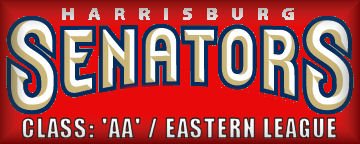
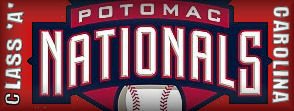

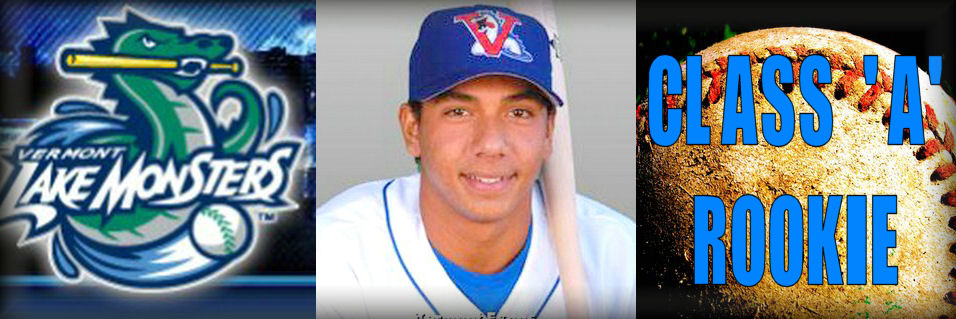















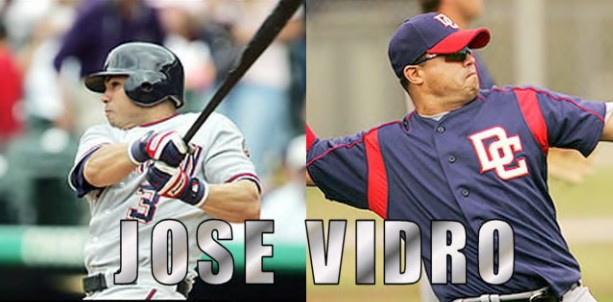




















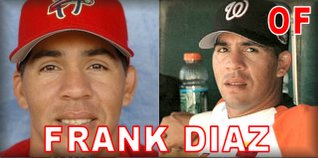

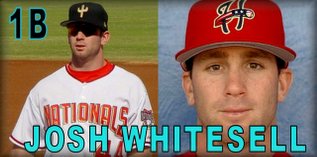
 3) 1926 (road) --- 4) 1936-'37, 1948-'51
3) 1926 (road) --- 4) 1936-'37, 1948-'51 3) 1968 - '71, and 2005 (home) --- 4) 2005 (road)
3) 1968 - '71, and 2005 (home) --- 4) 2005 (road) Buddy Meyer --- Walter Johnson
Buddy Meyer --- Walter Johnson Ed Yost --- Muddy Ruel
Ed Yost --- Muddy Ruel Roger Peckinpaugh --- Joe Cronin
Roger Peckinpaugh --- Joe Cronin Del Unser --- Darold Knowles
Del Unser --- Darold Knowles Ed Stroud - Mike Epstein
Ed Stroud - Mike Epstein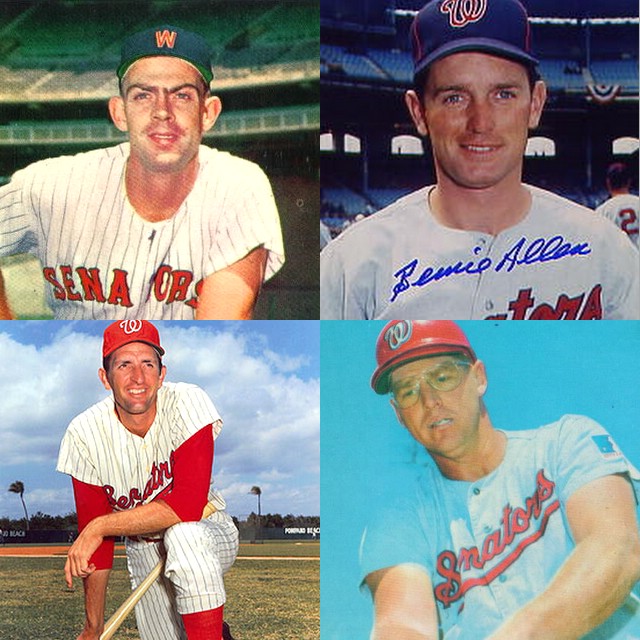 3)1968 -- 4)1969 - 1971
3)1968 -- 4)1969 - 1971